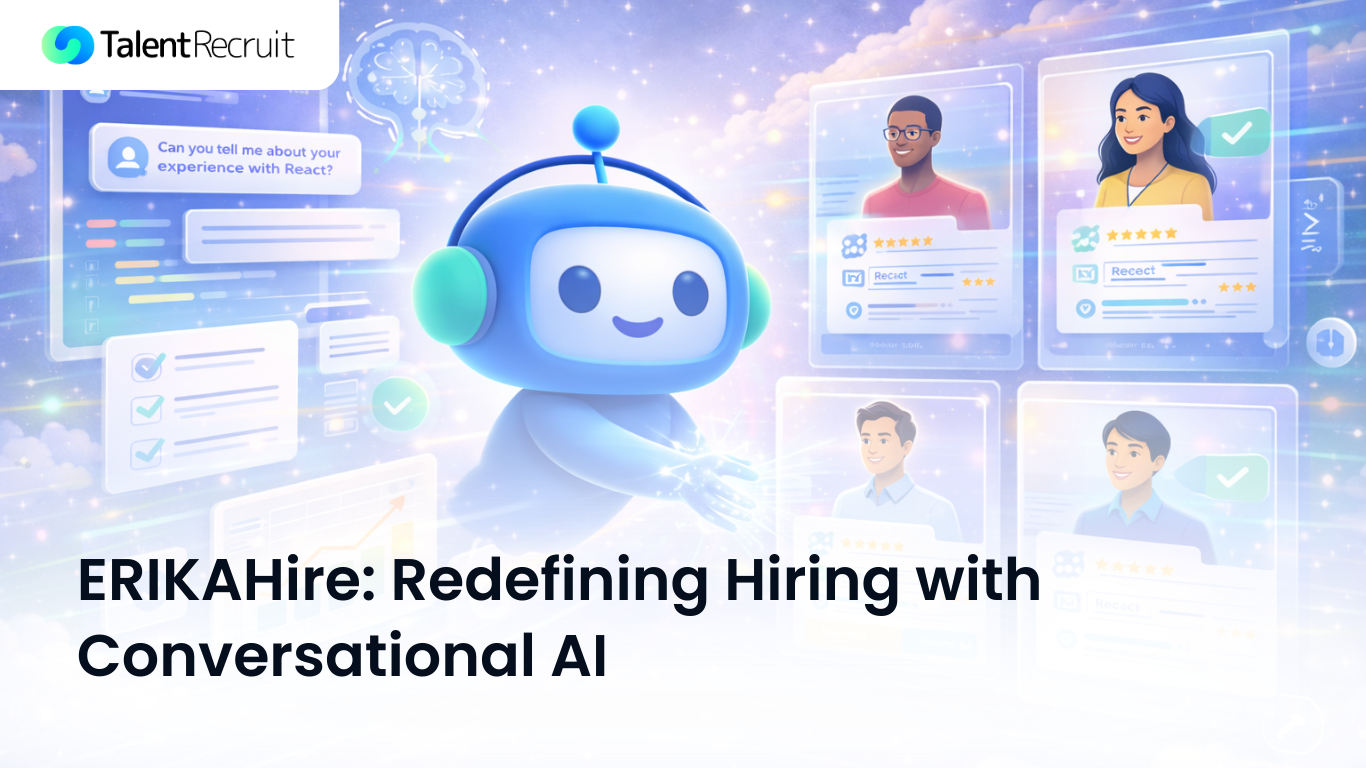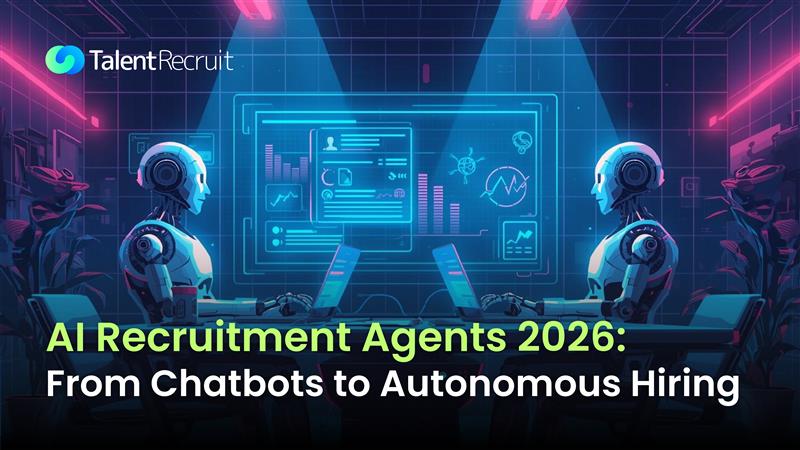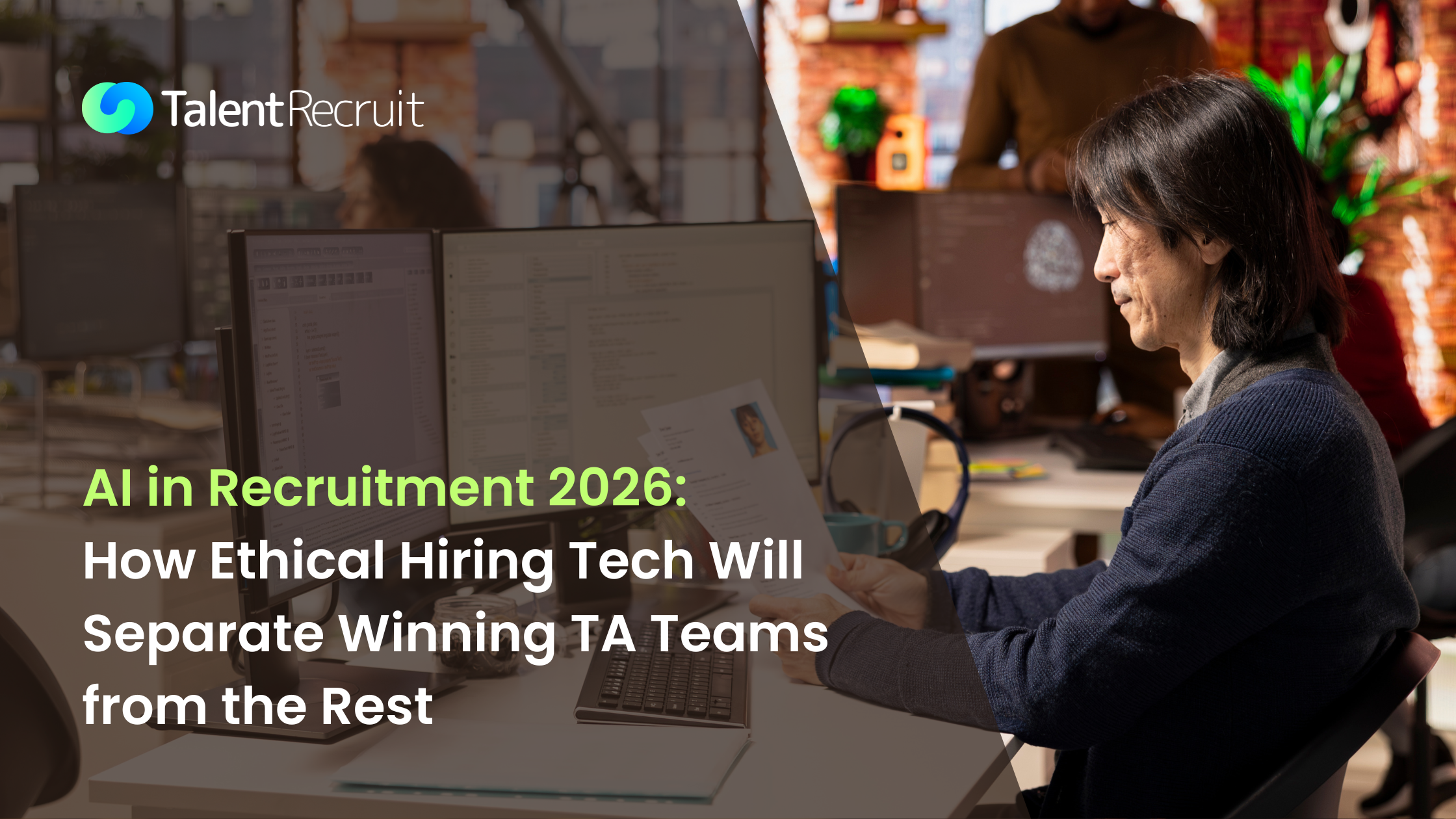Machine learning: What it is and its impact on HR processes
Machine Learning (ML) has emerged as a powerful tool, transforming various business functions and even influencing our daily lives. In the realm of Human Resources (HR), ML is making significant strides, revolutionizing traditional HR processes and enhancing overall efficiency. This article explores the concept of Machine Learning, its profound impact on HR, and how organizations can leverage its benefits to drive growth and success.

Machine Learning: Revolutionizing HR Processes and Boosting Business Growth
Introduction
Machine Learning (ML) has emerged as a powerful tool, transforming various business functions and even influencing our daily lives. In the realm of Human Resources (HR), ML is making significant strides, revolutionizing traditional HR processes and enhancing overall efficiency. This article explores the concept of Machine Learning, its profound impact on HR, and how organizations can leverage its benefits to drive growth and success.
What is Machine Learning?
Machine Learning, a subset of Artificial Intelligence (AI) and computer science, utilizes algorithms and statistical models to learn and adapt autonomously, without explicit human intervention. By analyzing patterns in data, ML algorithms imitate human learning processes, gradually improving accuracy and performance with experience and available data. It's important to note that ML has been in existence since the 1940s and has found applications in various fields.
Machine Learning in Everyday Life
Although we often encounter Machine Learning in our routine activities, we might not realize its presence. Popular technologies such as Google Assistant, Google Maps, Alexa, and Siri employ ML to enhance user experiences. ML-driven features like speech recognition, image recognition, self-driving cars, and personalized product recommendations have become mainstream, showcasing the versatility and potential of this groundbreaking technology.
Impact of Machine Learning on HR Processes
In recent years, HR teams have increasingly embraced Machine Learning due to its manifold benefits. Let's delve into how ML is reshaping HR processes and paving the way for a more efficient and unbiased approach to talent management.
Streamlining Candidate Selection
Traditionally, HR teams faced the challenge of sifting through numerous applications to identify the best-matched candidates for open positions. ML algorithms have revolutionized this process by analyzing vast amounts of data and identifying patterns that indicate a candidate's suitability for a specific role. By eliminating personal biases and accelerating the selection process, ML empowers HR teams to make data-driven hiring decisions swiftly and accurately.
Enhancing Employee Performance Evaluation
Accurately assessing employee performance is crucial for fostering growth and identifying areas of improvement within an organization. ML enables HR teams to evaluate employee performance objectively and consistently by analyzing various data points. By considering factors such as project outcomes, client feedback, and individual contributions, ML algorithms generate comprehensive performance insights, providing a solid foundation for performance reviews and talent development initiatives.
Predicting Future Capacity and Planning
Forecasting an organization's future capacity is essential for effective planning and resource allocation. ML plays a vital role in this aspect, leveraging historical data and analyzing trends to predict future workforce requirements accurately. By identifying potential staffing gaps and surpluses, HR teams can proactively strategize recruitment efforts, training programs, and succession plans, ensuring a seamless transition and optimal workforce utilization.
Mitigating Risks and Ensuring Compliance
ML empowers HR teams to identify and mitigate potential risks, such as employee retention issues, accidents, fraud, and compliance breaches. By analyzing historical data and patterns, ML algorithms can identify early warning signs and provide actionable insights to prevent these risks. This proactive approach enables HR teams to implement preventive measures, creating a safer and more compliant work environment.
Personalized Employee Engagement
In the modern workforce, personalized communication and engagement are key drivers of employee satisfaction and productivity. ML enables Human Resources teams to tailor messages and interactions based on individual preferences and needs. By leveraging ML-powered chatbots and intelligent systems, organizations can provide 24/7 support, address employee queries promptly, and offer personalized guidance and assistance. This personalized approach fosters a sense of belonging and enhances overall engagement, resulting in improved productivity and employee satisfaction

Alok Nidhi Gupta has built this high tech company from scratch as Co-creator of the organization and lead the organization that filed patents in Smart Metering fields. He has been instrumental in the entire design & development of TalentRecruit’s software offerings, it is under his leadership that recruiters across industries have come to rely on TalentRecruit’s robust solutions.





.jpg)













